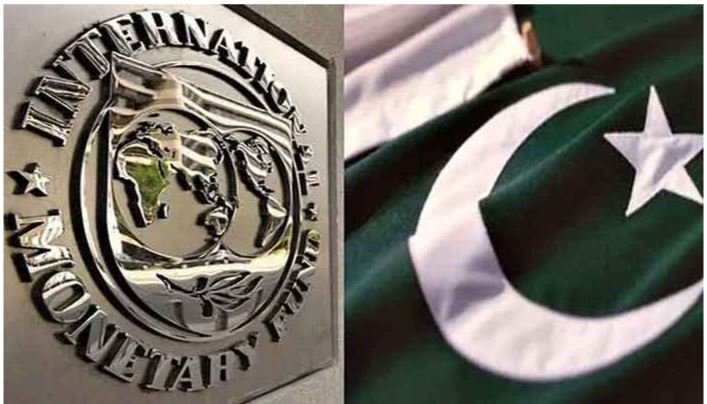Islamabad: Political crisis, will Pakistan come to the brink of default again? Pakistani officials expect an IMF mission visit after the formation of a new government.
The IMF review mission’s visit is subject to the formation of newly elected governments at the federal and provincial levels as a result of the February 8 elections and could visit Islamabad by the end of this month.
The IMF’s upcoming mission is seen as crucial to the completion of the $3 billion Standby Arrangement (SBA), which is due to expire on April 12, 2024, and then to outline the main features of the expected medium-term bailout package. Finalization to prevent default on repayment of external loans.
The IMF said in its recent staff report that access will be extended again for a second review until March 15, 2024 to provide sufficient time to complete the program’s structural agenda.
However, in the context of triggering the protracted dispute over the election results, the completion of the second review worth $1.2 billion under the SBA and the possible delay of the IMF mission in issuing the final tranche without the full support of the IMF. After the next few months, there may be a risk of default on the economic horizon of Islamabad.
The State Bank of Pakistan (SBP), despite being under the IMF’s ambit, has seen a decline of $173 million in its reserves due to external debt repayments during the week ending February 2, 2024. The foreign exchange reserves of the country were about 8.4 billion dollars.
A senior Finance Division official confirmed to The News that the IMF will come to start the second review talks only after the government is formed at the national level.
According to the assessment of the Ministry of Finance, the IMF review mission may visit Islamabad at the end of this month or the beginning of next month, provided that the government is formed at the federal and provincial levels.
The official said that the final and third tranche of $1.2 billion from the IMF is subject to resumption of operations by the newly elected government. A new agreement will also be finalized with the new government.
However, the transparency of elections has been increasingly clouded, and the US, EU and other countries have expressed doubts and called for an investigation into allegations of irregularities and electoral fraud.
The tentative date for the IMF review mission was in the first week of February 2024, but the IMF refused to visit on the eve of the general elections. If the review takes place in the February/March period, it will be very difficult for both parties to stick to the completion of the final review and release of the third installment under the SBA program by 12 April 2024. The prospect of signing a new deal with the IMF may then become inevitable as the next budget for 2024-25 can only be finalized by taking the IMF into confidence on the salient features of the budget targets.
If the IMF program is delayed due to the formation of a new government, Pakistan may face a serious balance of payments crisis and the country will again be on the brink of default.
Former Finance Advisor Dr. Khaqan Najeeb was contacted and he said that the most important task in the near future is the timely completion of the second review of the standby arrangement with the IMF. This review is based on performance and continued quality as at the end of December 2023. The IMF’s proposed schedule of reviews and purchases shows 15 March 2024 as the date of availability of 828 million SDRs for Pakistan.
He felt that the review visit should also be used by the Pakistani authorities to discuss the contours of the new program with IMF support. Authorities are expected to work on a fiscal framework, social spending frameworks for cost-of-living relief, and a structural reform agenda, particularly energy sector viability, SOE diversification and climate resilience. have been.
Pakistan’s nascent macro-stability depends on its readiness to join a new IMF program—one that is indigenous, owned, and has an outstanding professional team to ensure completion. He said any delay or disruption with the IMF would hurt confidence and make it difficult to meet the country’s high gross external financing needs.








